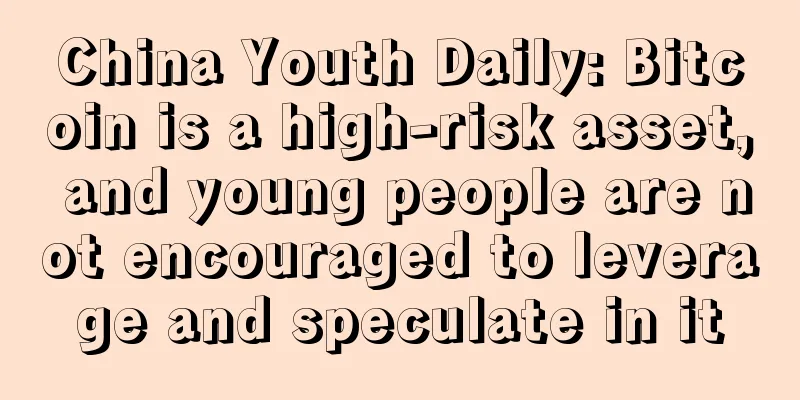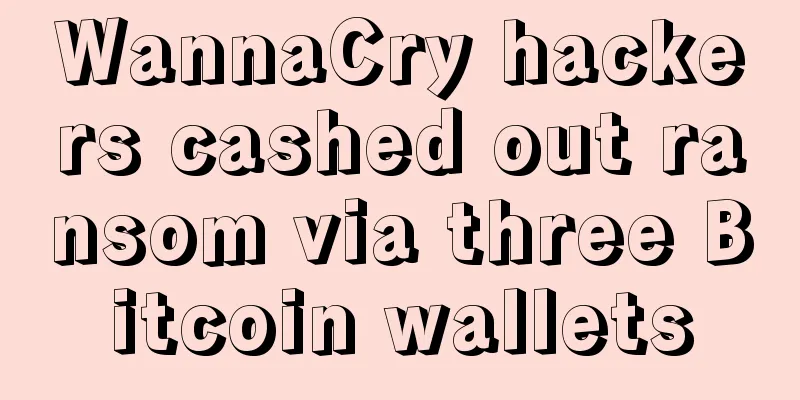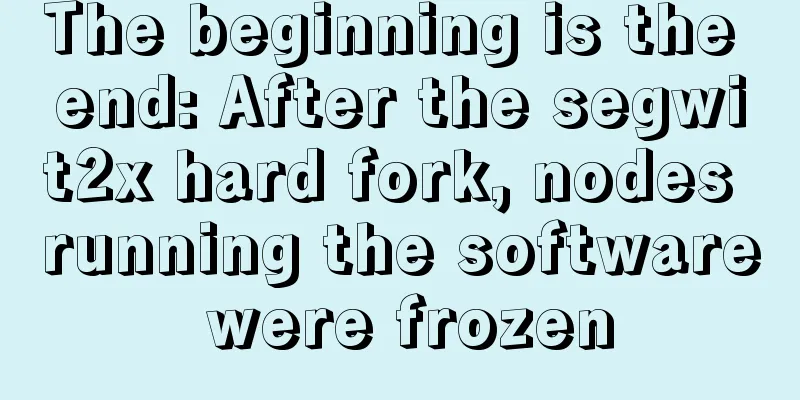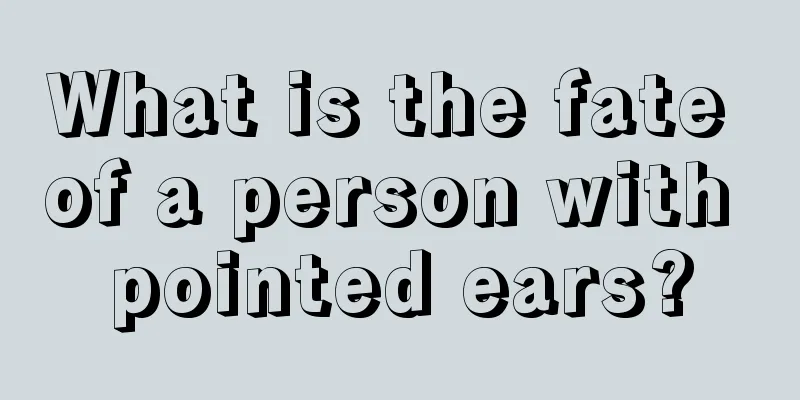What does Xiao Gang, former chairman of the China Securities Regulatory Commission, mean when he says that "virtual asset exchanges are bound to happen"? He had a conversation with Huobi's Li Lin a month ago
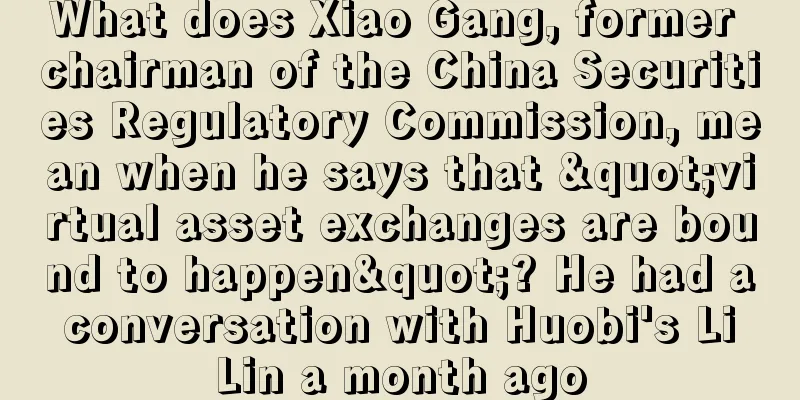
|
One stone can cause a thousand ripples. Xiao Gang, former chairman of the China Securities Regulatory Commission, spoke at the forum and said, "The development of the digital capital market still faces the problem of organizational change. The most typical example is virtual asset exchanges, which are bound to happen in the future . How to deal with such organizational changes is also a problem we may need to encounter." Xiao Gang also mentioned that integration with digital currency also faces challenges. Many countries are now developing legal digital currency. After the legal digital currency is issued in the future, how will it be integrated with the capital market? What fundamental changes will it bring? Wu Blockchain believes that based on the current definition in the Chinese world, cryptocurrencies such as Bitcoin should not be defined as virtual currencies in the Chinese world. It is more appropriate to define them as virtual commodities/assets. Therefore, virtual asset exchanges should refer to other virtual commodities including cryptocurrencies. During his tenure, Xiao Gang did not express anything about Bitcoin and cryptocurrencies. But interestingly, just over a month ago, on May 21, Xiao Gang participated in a forum organized by the People's Political Consultative Conference newspaper as a member of the CPPCC with Huobi founder Li Lin. Undoubtedly, this discussion will deepen Xiao Gang's understanding of Bitcoin and cryptocurrencies, and may even establish some personal relationships. Now let’s take a look at what virtual assets actually mean. A search revealed that Xiao Gang himself had not made similar statements. However, in the statements of Zhou Xiaochuan, Yi Gang and other central bank leaders, virtual assets do have a certain connection with virtual currency and digital currency, but the statements are different. 1: At the 2018 National People's Congress, Zhou Xiaochuan stated that some digital currencies are not focused on applications in retail payments, but have instead moved to virtual asset transactions. From China's perspective, virtual asset transactions are not in line with the direction of financial products and financial services serving the real economy. Zhou Xiaochuan stated that in terms of virtual currency platforms, products that are not prudent should be put on hold first, and some promising products must also be tested and certified, and only promoted after they are indeed reliable. Second: The "Licensing Conditions and Terms and Conditions for Virtual Asset Trading Platform Operators" issued by Hong Kong in 2019 has the clearest description of virtual assets, equating them with cryptocurrencies. It states that virtual assets are digital expressions of value, also known as "cryptocurrencies", "crypto assets" or "digital tokens", and virtual asset trading platforms usually provide transactions in non-security tokens. Hong Kong's financial policies are often used as a model and reference for mainland policies, and these policies and definitions will certainly also be studied within Beijing. 3: In his 2019 speech, Pan Gongsheng, deputy governor of the central bank, pointed out that over the past 16 years, decisive action has been taken to crack down on virtual currency speculation, avoiding the risk of a large-scale virtual asset bubble. 4: The current central bank governor Yi Gang stated last month that FATF achieved a series of results during China's presidency, including preventing and controlling the risks of virtual assets and "stablecoins". In summary, we can see that in official discourse, virtual assets can be equated with virtual/cryptocurrency in some cases. But in fact, it is not accurate to use virtual currency to refer to Bitcoin. Because as early as 2013, the central bank pointed out that Bitcoin is a virtual commodity and cannot be circulated as currency. From this perspective, it seems more accurate to classify it as a virtual asset. Digital currency should specifically refer to legal central bank currency. Unlike Western countries where the Securities and Exchange Commission is in charge of cryptocurrencies, China is supervised by the central bank, so Xiao Gang probably didn’t have much experience in this area in the past. In addition, the vague definition of cryptocurrency in the Chinese discourse system in the mainland makes it unlikely that Xiao Gang will clearly equate virtual currency with virtual assets. Studying Xiao Gang's context, we can conclude that the virtual asset exchange Xiao Gang mentioned includes virtual commodities such as Bitcoin, and should also include transactions such as intellectual property rights, carbon emissions, company options and even big data. In short, it is the transaction of purely virtualized and digital commodities. It is more similar to the digital asset trading centers and exchanges proposed by Chengdu, Hainan and other places. Xiao Gang made this statement at the 19th Pushan Forum and the 14th CF40 Sun Yefang Reading Club on July 7. Two former vice chairmen of the China Securities Regulatory Commission, Li Jiange and Gao Xiqing, also participated online. Interestingly, the two former vice chairmen of the China Securities Regulatory Commission who participated in the discussion both had very positive views on blockchain/Bitcoin. For example, Gao Xiqing once said that blockchain technology has changed the way humans have done transactions for thousands of years, making those who are accustomed to the original operating form lose their authority, which is the biggest driving force for human progress. Wu said blockchain, China's current constructive regulation of cryptocurrencies lags far behind other major countries in the world, which is also the reason why China's related innovation has been extremely weak in recent years. For example, in this year's DeFi innovation boom, there are almost no projects from China, and then bad money drives out good money, and fraud projects such as CX are endless. As Xiao Gang said, we should "build a digital capital market in accordance with digital thinking and not develop it behind closed doors." Referring to the experience of other countries, the regulatory authorities should indeed put constructive supervision of cryptocurrencies on the agenda. |
<<: Five things you must know to get ahead in the Filecoin mining race
Recommend
What is it like for a woman to have a beard? What do different beards represent?
The reason why women grow beards is because of th...
Why do men say that when their eyebrows are raised, they must be alone
Eyebrows influence not only a person's charac...
Is it okay for people without a destiny line?
The palms of each of us are different, and some p...
What does it mean when the career line is not clear?
There are countless lines on the hands, and many ...
Your nose tells you whether you have good luck.
Your nose tells you whether you have good luck. 1...
Is the life of a person with a narrow forehead good?
1. People with narrow foreheads are greedy Genera...
A woman who cannot be a mother
A woman who cannot be a mother Many people want t...
The most powerful hacker stole $1 billion worth of Bitcoin: He hid it for 7 years without spending it
There is such a hacker who stole $1 billion worth...
What does a mole on the back of the ear mean?
Ears are the carriers of sound that we can hear, ...
What kind of women can't have fox tattoos? What are the consequences?
Even if the tattoo pattern has no effect, it is w...
The facial features of people who are selfish and hypocritical
In this world, the people who are least liked by ...
What kind of face does a man with a successful career have?
If a man has a good career, then what kind of fat...
Men with broken palms on their right hands are likely to fail nine out of ten times.
If a man has a broken palm on his right hand, he ...
Zygomatic bone analysis of destiny
In physiognomy, we can analyze a person's des...
What does it mean if a woman with a small nose is good looking?
Is it good for a woman to have a small nose? Gener...

